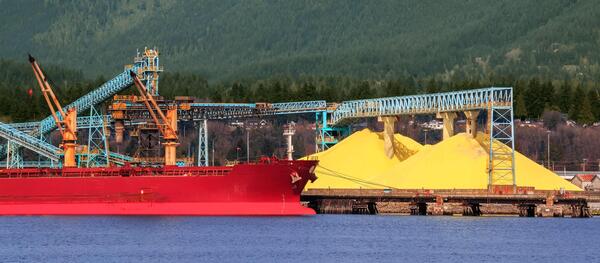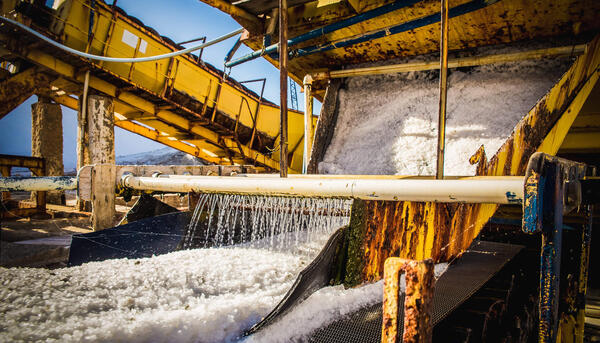
Special challenges
Advancing corrosion can become extremely dangerous for machines as soon as it begins to impact functionality. In numerous industrial applications, all machine and plant parts are constantly at risk of potential corrosion. For example in the meat processing industry, due to extremely high humidity and the aggressive cleaning fluids used; in the bulk goods industry due to aggressive media such as caustic fertilisers; or in shipbuilding and port technology due to saltwater and salt spray.
Corrosion occurs when metal reacts with e.g. hydrogen, oxygen or bacteria. As a process, corrosion cannot in itself be prevented. But with the right measures, the specified product lifetime can be guaranteed – before any corrosion damage appears. The features of the materials and coatings used have a crucial impact on when or how soon corrosion damage materialises.
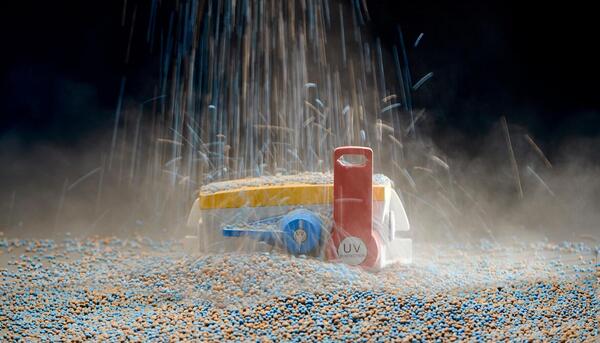
steute expertise
The technical lifespan of the switches and sensors is realised through reliable corrosion protection. In order to guarantee this protection even in extreme ambient conditions, steute develops and produces products which are corrosion-resistant thanks to the use of special coatings and/or non-corrosive materials.
Various industrial components are optionally available in aluminium die-cast or thermoset plastic enclosures. The aluminium version is very robust and has a high level of corrosion protection thanks to its multiple coatings (passivation, primer, powder coating). The impact-resistant thermoset enclosure is completely corrosion-resistant and thus excellently suited to use in conjunction with very aggressive media and ambient conditions. In both product variants, the screws and connecting elements are made out of stainless steel.
Thanks to decades of experience in offshore applications, as well as the realisation of numerous projects in extremely rough ambient conditions, corrosion protection has developed to become one of our core competencies. The robust switches and sensors from steute are very corrosion-resistant thanks to their different enclosure materials and special coating techniques, and are thus ideally suited to complex application fields.
Knows no corrosion – the ZS 92 series
The ZS 92 series was developed for use in extremely rough ambient conditions. The emergency pull-wire and belt alignment switches are optionally available with robust aluminium die-cast or shock-proof thermoset enclosures. The ZS 92 series is ideally suited to use in complex application fields, such as the monitoring of conveyors.
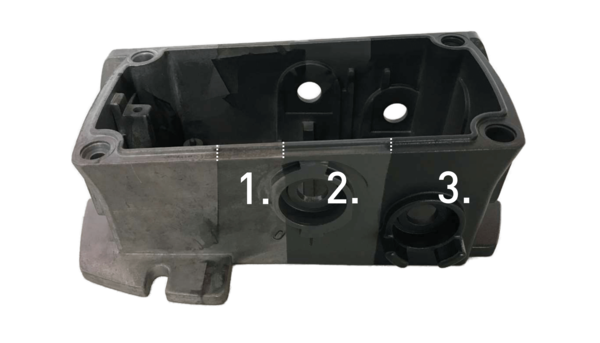
Multiple coatings
A coating technique selected especially by steute facilitates high-level corrosion protection for our switching devices. Coating is performed in three phases:
- Passivation: the metallic surface undergoes chromate conversion and passivation to DIN EN 12487 and DIN 50939.
- Primer: using a primer, a second surface coating is applied.
- Powder coating: the coating process is concluded with an ESD powder coating.
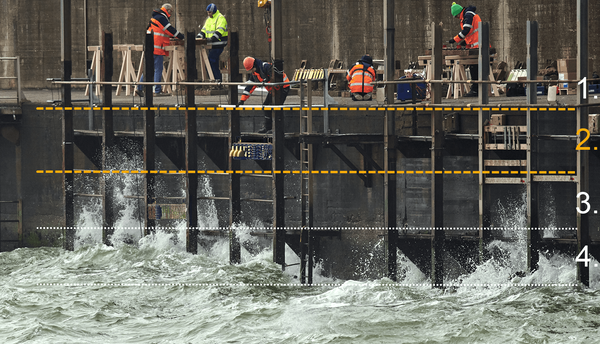
Paint bonding quality
In order to guarantee reliable paint bonding quality and sound functioning of the switching devices, some of our products undergo extraordinary field tests on the North Sea island of Helgoland, where they are exposed to maritime conditions for a whole year at a time. The following zones are differentiated:
- Atmospheric zone
- Splash zone - Test zone for steute products
- Tidal zone
- Underwater zone
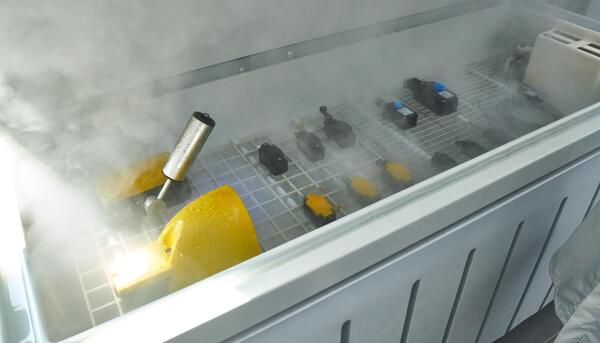
Salt spray tests in the steute laboratory
In order to ensure the reliability and functionality of the coating on the steute switches and sensors, they are tested under standardised conditions in our own laboratory.
There are various different industrial standards which can also be used to test the coating of electrical equipment. They begin with simple salt spray tests to DIN EN ISO 9227 and go all the way up to cyclic salt spray tests to IEC/EN 60068-2-52, which can run for several weeks. All of these standards define uniform laboratory conditions in order to achieve reproducible and thus always comparable results. Unfortunately, there is seldom a direct real-life connection. For this reason, some classification societies such as DNV are working together on individually agreed standards for specific application fields in order to test not only the coatings, but also the functions of electrical devices.





























